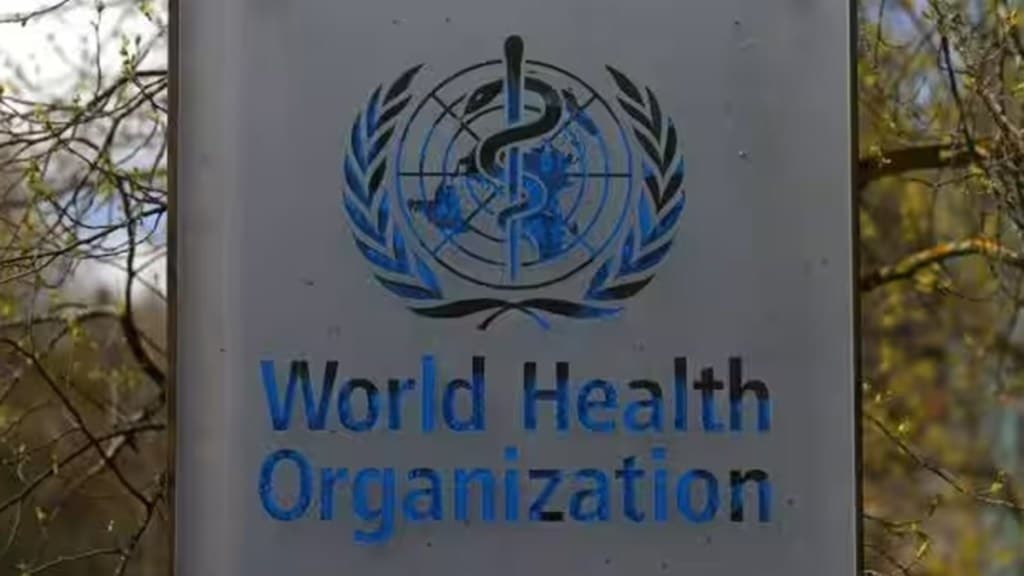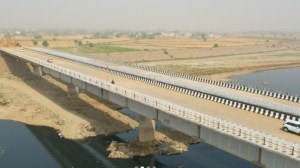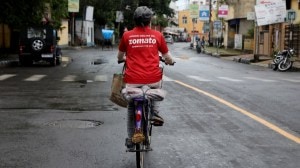In a joint effort, the World Health Organization (WHO) and the International Labour Organization (ILO) have revealed alarming estimates on skin cancer. According to the report, nearly one-third of non-melanoma skin cancer deaths are linked to outdoor work under the sun.
As per the joint findings, a staggering 1.6 billion working-age individuals (15 years or older) were exposed to solar ultraviolet radiation while working outdoors in 2019, representing 28% of the global working-age population. Shockingly, in that same year, almost 19,000 people across 183 countries succumbed to non-melanoma skin cancer due to their occupational sun exposure, with the majority (65%) being male.
Skin cancer is one of the most common diseases that can be prevented if spotted sooner. WHO Director-General, Dr. Tedros Adhanom Ghebreyesus, emphasized the gravity of the issue, stating, “Unprotected exposure to solar ultraviolet radiation at work is a major cause of occupational skin cancer. But there are effective solutions to protect workers from the sun’s harmful rays and prevent their deadly effects.”
The estimates position occupational exposure to solar ultraviolet radiation as the third-highest work-related risk factor contributing to global cancer deaths. Between 2000 and 2019, deaths from skin cancer attributable to on-the-job sunlight exposure nearly doubled, surging by 88% from 10,088 deaths in 2000 to 18,960 deaths in 2019.
ILO Director-General, Gilbert F. Houngbo, emphasized the importance of ensuring a safe and healthy work environment, stating, “Death caused by unprotected exposure to solar ultraviolet radiation while working is largely preventable through cost-effective measures. It is urgent that governments, employers, and workers collaborate to reduce the occupational risk of UV exposure, saving thousands of lives every year.”
These findings underscore the critical need for immediate action and the implementation of effective measures to safeguard outdoor workers from the harmful impacts of solar radiation, preserving both their health and lives.







